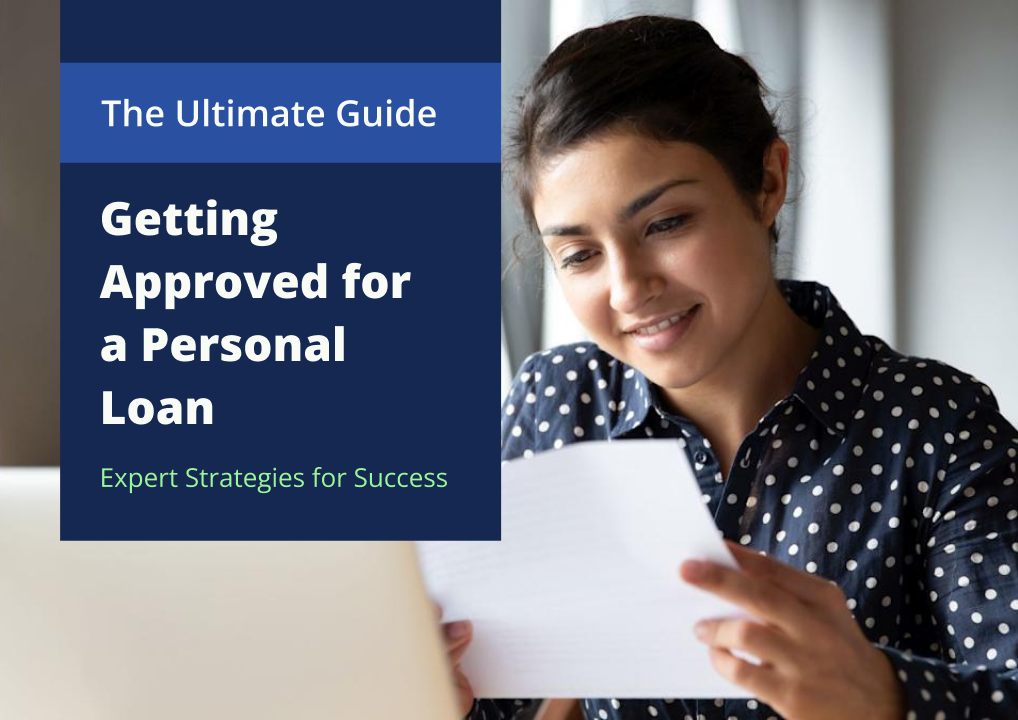To make the most of any rewards program, it is essential to have a clear understanding of your spending habits and financial goals. This involves taking a close look at where your money goes each month. For instance, if you frequently dine out, travel, or shop online, identifying these patterns can help you select a rewards program that aligns with your lifestyle.
By categorizing your expenses—such as groceries, gas, entertainment, and travel—you can pinpoint which areas yield the most potential for earning rewards. This self-assessment not only aids in choosing the right credit card but also helps in maximizing the benefits you can reap from it. Moreover, setting specific financial goals can further refine your choice of rewards programs.
Are you aiming to accumulate points for a dream vacation, or are you more interested in cash back to offset monthly expenses? Perhaps you want to build up rewards for holiday shopping or special occasions. By defining these objectives, you can better evaluate which programs offer the most advantageous earning potential in relation to your spending habits.
For example, if your goal is to travel frequently, a card that offers bonus points for airline purchases or hotel stays would be more beneficial than one that focuses on cash back for everyday purchases.
Key Takeaways
- Understanding your spending habits and goals is crucial in choosing the right rewards credit card.
- Comparing different rewards programs can help you find the one that aligns with your lifestyle and preferences.
- Analyzing annual fees and interest rates is important to ensure that the benefits of the card outweigh the costs.
- Examining sign-up bonuses and introductory offers can provide a significant boost to your rewards earnings.
- Considering redemption options and flexibility is essential for maximizing the value of your rewards.
Comparing Different Rewards Programs
Comparing Rewards Programs
Once you have a clear understanding of your spending habits and goals, the next step is to compare different rewards programs available in the market. Each program has its unique structure, benefits, and limitations, making it crucial to analyze them thoroughly.
Program Structures and Benefits
Some programs may offer points for every dollar spent, while others might provide higher rewards in specific categories such as dining or travel. For instance, a card that offers 3x points on travel purchases may be more appealing to frequent travelers than one that provides a flat rate across all categories.
Rewards Redemption Options
Additionally, it is important to consider the types of rewards offered by various programs. Some cards allow you to redeem points for travel, merchandise, or gift cards, while others may focus primarily on cash back. Understanding how these rewards can be utilized is vital; for example, travel rewards can often be more valuable when redeemed for flights or hotel stays rather than merchandise.
Partnerships and Redemption Value
Furthermore, some programs partner with specific airlines or hotel chains, which can enhance the value of your points if you frequently use those services. Therefore, a thorough comparison of the rewards structure and redemption options is essential to ensure that you select a program that aligns with your preferences.
Analyzing Annual Fees and Interest Rates
When evaluating rewards programs, it is crucial to analyze the associated costs, particularly annual fees and interest rates. Many premium credit cards come with higher annual fees but offer enhanced rewards and benefits that may justify the cost. For example, a card with a $450 annual fee might provide extensive travel perks such as airport lounge access, comprehensive travel insurance, and higher earning rates on travel-related purchases.
However, if your spending does not align with these benefits, the fee may outweigh the advantages. Interest rates are another critical factor to consider when choosing a rewards program.
A high-interest rate can quickly negate any benefits gained from rewards if you carry a balance from month to month.
It is advisable to look for cards with lower interest rates if you anticipate needing to finance purchases over time. Additionally, some cards offer introductory 0% APR periods on purchases or balance transfers, which can be beneficial if you plan to make a large purchase or transfer existing debt. Balancing the potential rewards against these costs is essential for making an informed decision.
Examining Sign-Up Bonuses and Introductory Offers
Sign-up bonuses and introductory offers can significantly enhance the value of a rewards program. Many credit cards entice new customers with substantial bonuses that can be earned after meeting a minimum spending requirement within the first few months of account opening. For instance, a card might offer 50,000 bonus points after spending $3,000 in the first three months.
This bonus can often be enough for a round-trip flight or several nights at a hotel, making it an attractive incentive for new cardholders. In addition to sign-up bonuses, some cards provide introductory offers such as increased earning rates for the first year or waived annual fees for the first year. These offers can provide immediate value and help offset initial costs associated with obtaining the card.
However, it is essential to read the fine print and understand any conditions attached to these bonuses and offers. For example, some cards may require you to spend a certain amount within a limited timeframe to qualify for the bonus, which could lead to overspending if not carefully managed.
Considering Redemption Options and Flexibility
The flexibility of redemption options is another critical aspect when evaluating rewards programs. Some programs allow you to redeem points for various options such as travel bookings, cash back, gift cards, or merchandise. Others may have more restrictive policies that limit how and when you can use your rewards.
For instance, a program that allows you to transfer points to airline partners can provide greater value if you are strategic about your redemptions. Additionally, understanding the expiration policies of rewards is vital. Some programs have points that expire after a certain period of inactivity or after reaching a specific date.
This could lead to lost rewards if you do not actively engage with the program. On the other hand, programs that offer no expiration on points can provide peace of mind and allow you to accumulate rewards over time without the pressure of using them quickly. Evaluating these factors will help ensure that your chosen program aligns with your lifestyle and preferences.
Evaluating Additional Benefits and Perks
Travel-Related Benefits
Some credit cards, particularly travel credit cards, offer complimentary travel insurance that covers trip cancellations or interruptions, which can save you money in unforeseen circumstances. This can be a valuable benefit for frequent travelers.
Luxury Perks and Experiences
Other perks, such as concierge services or discounts on travel-related expenses, can add significant value to a rewards program.
Cards that provide access to airport lounges or priority boarding can enhance your travel experience considerably.
Evaluating Additional Benefits
When evaluating a credit card, it’s essential to consider these additional benefits in conjunction with your spending habits and goals. This will help you determine whether a particular card is worth its annual fee and whether it meets your lifestyle needs.
Researching Customer Reviews and Satisfaction
Customer reviews and satisfaction ratings are invaluable resources when assessing different rewards programs. Online platforms such as consumer review websites and forums provide insights into real-world experiences from current cardholders. These reviews often highlight both positive aspects—such as ease of earning rewards and customer service quality—and negative experiences like difficulty in redeeming points or unexpected fees.
Additionally, researching customer satisfaction ratings from reputable sources can provide an overview of how well a particular card performs in terms of user experience. High satisfaction ratings often correlate with better customer service and more favorable terms for cardholders. Conversely, consistently low ratings may indicate issues that could affect your experience with the card.
Taking the time to read through these reviews will help you make an informed decision based on the experiences of others.
Seeking Out Expert Recommendations and Advice
Finally, seeking expert recommendations and advice can provide valuable insights into selecting the best rewards program for your needs. Financial advisors and credit card comparison websites often publish guides that analyze various cards based on different criteria such as spending habits, lifestyle preferences, and financial goals. These resources can help simplify the decision-making process by highlighting cards that offer the best value for specific situations.
Additionally, engaging with financial communities—whether online or in-person—can yield personal anecdotes and tips from individuals who have navigated similar choices. Experts often share their insights on maximizing rewards potential or avoiding common pitfalls associated with certain programs. By leveraging this knowledge and expertise, you can make a more informed decision that aligns with your financial objectives while maximizing the benefits of your chosen rewards program.
FAQs
What is a rewards credit card?
A rewards credit card is a type of credit card that offers incentives or rewards for using the card, such as cash back, travel points, or other perks.
How do rewards credit cards work?
Rewards credit cards work by offering users the opportunity to earn points, miles, or cash back for making purchases with the card. These rewards can then be redeemed for various benefits, such as travel, merchandise, or statement credits.
What are the different types of rewards credit cards?
There are several types of rewards credit cards, including cash back cards, travel rewards cards, points-based cards, and co-branded cards that are affiliated with specific airlines or hotel chains.
What should I consider when choosing a rewards credit card?
When choosing a rewards credit card, it’s important to consider the type of rewards offered, the earning rate for rewards, any annual fees, the redemption options available, and any additional perks or benefits offered by the card.
How can I find the best rewards credit card for me?
To find the best rewards credit card for you, consider your spending habits, the types of rewards you prefer, and any specific benefits or perks that are important to you. You can also compare different cards using online resources and credit card comparison tools.
What are some common mistakes to avoid when choosing a rewards credit card?
Common mistakes to avoid when choosing a rewards credit card include not considering your spending habits, choosing a card with high annual fees that may not be worth the rewards, and not fully understanding the redemption options and limitations of the card.







